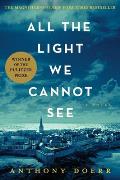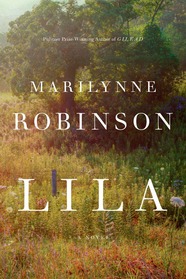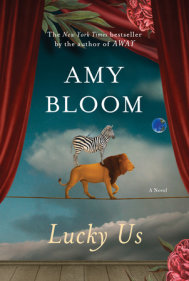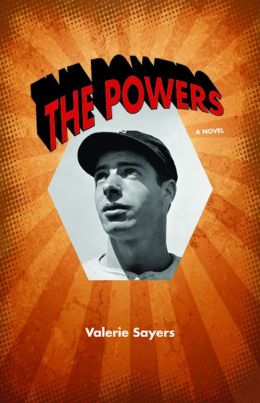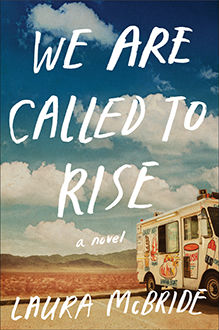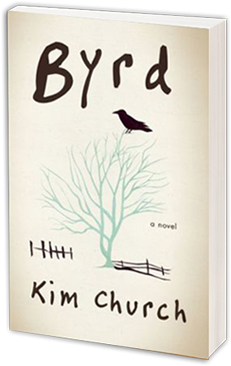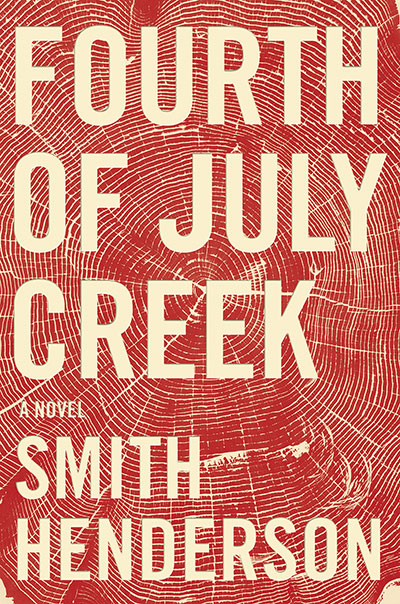Some readers think of nonfiction as “what you should read”
not what you enjoy. The best nonfiction
books I read in the last year dispel that notion. Forget the old adage that you
need to read a particular book just as you need to eat your vegetables. Vegetables are no longer grayish green, limp
morsels with no taste. They’re tasty
treats like roasted Brussels sprouts, grilled asparagus, and scrumptious kale
chips.The best nonfiction titles offer delectable
tales that combine information about history, war, survival, health, adventure,
religion, and more with writing that places the reader in the story. These
page-turning tales will inform, amuse, enlighten, frighten, and maybe even
enrage you. Other fine nonfiction titles I read this year are on the annual list. The best of 2014 are:
·
In
the Kingdom of Ice by Hampton Sides
·
Being
Mortal by Atun Gawande
·
Soldier
Girls: The Battles of Three Women at Home and at War by
Helen Thorpe
· Dirt Work: An Education in the Woods by Christine Byl (published in 2013)
After
the Wind by Lou Kasischke
· Faith Unraveled by Rachel Held Evans (Originally titled: Evolving in Monkeytown in 2012, reissued in 2014)
· The Twible: All the Chapters of the Bible in 140 Characters or Less by Jana Riess (published in 2013)
The Best Nonfiction Book of 2014 - It's a tie:
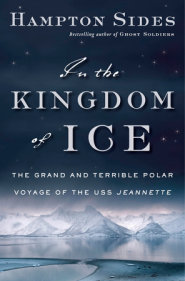 In the Kingdom of Ice by Hampton Sides is
a page-turning tale of the 1879 voyage of the SS. Jeannette in the Arctic
waters north of the Bering Strait where the crew searched for a sea passage to
the North Pole. It puts you on the ship,
in the frozen ice, and deep in the darkness of the Arctic winter during the
years the voyagers were at sea. Sides shows the remarkable courage and thought
that the exhibition commander and his crew demonstrated. I can’t imagine anyone
not enjoying this adventure. Read the full review.
In the Kingdom of Ice by Hampton Sides is
a page-turning tale of the 1879 voyage of the SS. Jeannette in the Arctic
waters north of the Bering Strait where the crew searched for a sea passage to
the North Pole. It puts you on the ship,
in the frozen ice, and deep in the darkness of the Arctic winter during the
years the voyagers were at sea. Sides shows the remarkable courage and thought
that the exhibition commander and his crew demonstrated. I can’t imagine anyone
not enjoying this adventure. Read the full review.
Being
Mortal by
Atun Gawande is a book everyone needs to read yet the
stories Gawande tells make it engaging and filled with hope. This book will
make you think honestly about medical choices and help you ask good questions
about independence and what’s truly important to you or someone you love. Start by watching Gawande’s interview on The John Stewart Show or listen to his NPR interview with Diane Rehm. Listening to his story about his daughter’s piano teacher’s choices made me
stop the car to grab a tissue then immediately rush to the nearest bookstore to
buy the book. The research that people tend to live longer with palliative care
than with many interventions will make you think and ask good questions. Promise yourself that you'll read this even if you have to make it a New Year's resolution.
The Runners-Up:
The Best Book that Explains War, Poverty, and Human
Capital:
Soldier
Girls: The Battles of Three Women at Home and at War by Helen Thorpe tells
the compelling stories of three Indiana women joining the National Guard before
9/11 then of their unexpected service in Iraq. The upheaval in their lives and
their adjustment after will cause you to ponder. This is a fine piece of
reporting that reads like a great novel. Poverty and the increasing cost of
higher education means that our military is changing. Seeing that through these
three women’s lives brings it home to those of us who don’t think about what we
ask of our troops.
One slight quibble: I’m from Indiana so the inconsistent
editing of Indiana details bothered me. Louisville, KY is NOT south of
Evansville, IN, nor is the college in Bloomington called the University of
Indiana (She gets it right twice, wrong once). I’m hoping future editions
correct these minor errors that detract from this phenomenal book.
The Best Nature Memoir that Will Make You Appreciate Work
and Words:
 Dirt
Work: An Education in the Woods by
Christine Byl is a straight-talking,
poetic, humorous look at the work of a seasonal “traildog,” a person who clears
and maintains trails in remote areas of National Parks. Byl tells of digging holes, dropping trees,
building stairs, moving boulders,
hauling chainsaws on her shoulders, wearing out countless pairs of
boots, drinking lots of Pabst Blue Ribbon, consuming 1000s of calories, and
crossing streams by slithering along logs on her butt. Byl, traildog extraordinaire, honors her
idols – Willa Cather, Jim Harrison and Thoreau - as she weaves this authentic,
gritty, gripping tale. This woman can flat out write. (published
in 2013)
Dirt
Work: An Education in the Woods by
Christine Byl is a straight-talking,
poetic, humorous look at the work of a seasonal “traildog,” a person who clears
and maintains trails in remote areas of National Parks. Byl tells of digging holes, dropping trees,
building stairs, moving boulders,
hauling chainsaws on her shoulders, wearing out countless pairs of
boots, drinking lots of Pabst Blue Ribbon, consuming 1000s of calories, and
crossing streams by slithering along logs on her butt. Byl, traildog extraordinaire, honors her
idols – Willa Cather, Jim Harrison and Thoreau - as she weaves this authentic,
gritty, gripping tale. This woman can flat out write. (published
in 2013)The Best Book about What Happened on Mount Everest in 1996:
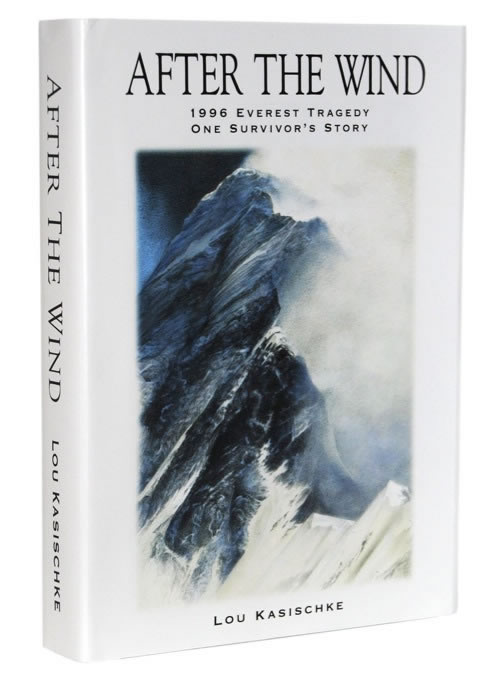 After
the Wind by
Lou Kasischke tells the story of what really happened on
May 10, 1995 on Mount Everest. Learn why Kasischke survived when many others
didn’t. I edited this book so I’m biased
but even Kirkus Reviews named it one of the best of the year. Read the full review.
After
the Wind by
Lou Kasischke tells the story of what really happened on
May 10, 1995 on Mount Everest. Learn why Kasischke survived when many others
didn’t. I edited this book so I’m biased
but even Kirkus Reviews named it one of the best of the year. Read the full review. The Best Book about Surviving Religion and Keeping the Faith:
 Faith
Unraveled by
Rachel Held Evans (Originally titled: Evolving in Monkeytown in 2012, reissued in 2014) I love, love,
love the preface in which Evans lists several things about herself. “People
tell me I exaggerate. I’ve been hurt by Christians. As a Christian, I’ve been
hurtful. I’m judgmental of people I think are judgmental. At twenty-seven, I
almost always root for the underdog, and sometimes I get the feeling that God
does too.” With that I fell down the rabbit hole and adored every minute of her
journey. Read this book!
Faith
Unraveled by
Rachel Held Evans (Originally titled: Evolving in Monkeytown in 2012, reissued in 2014) I love, love,
love the preface in which Evans lists several things about herself. “People
tell me I exaggerate. I’ve been hurt by Christians. As a Christian, I’ve been
hurtful. I’m judgmental of people I think are judgmental. At twenty-seven, I
almost always root for the underdog, and sometimes I get the feeling that God
does too.” With that I fell down the rabbit hole and adored every minute of her
journey. Read this book!The Most Reverent, Irreverent Book that Will Make You Want to Read the Bible:
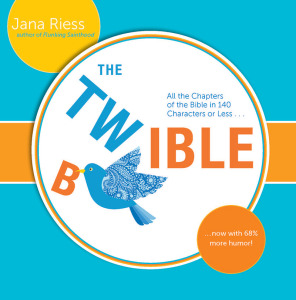 The
Twible: All the Chapters of the Bible in 140 Characters or Less by Jana Riess When
a kid said “The Emperor has no clothes,” everyone’s eyes opened. When Riess reverently applies irreverence to
her shortened chapters of the Bible she illuminates them in a way that’s
difficult to ignore. Only someone with her knowledge could hone in so clearly
on what each chapter says in so few words. Deuteronomy 18: “Don’t fry up your kids, cast spells, visit astrologers, or talk to the
dead. You’re special, Israel, so
straighten up and fly right.” Pithy
summations make the reader ponder and then perhaps even consult the big book
itself. (published in 2013)
The
Twible: All the Chapters of the Bible in 140 Characters or Less by Jana Riess When
a kid said “The Emperor has no clothes,” everyone’s eyes opened. When Riess reverently applies irreverence to
her shortened chapters of the Bible she illuminates them in a way that’s
difficult to ignore. Only someone with her knowledge could hone in so clearly
on what each chapter says in so few words. Deuteronomy 18: “Don’t fry up your kids, cast spells, visit astrologers, or talk to the
dead. You’re special, Israel, so
straighten up and fly right.” Pithy
summations make the reader ponder and then perhaps even consult the big book
itself. (published in 2013)



